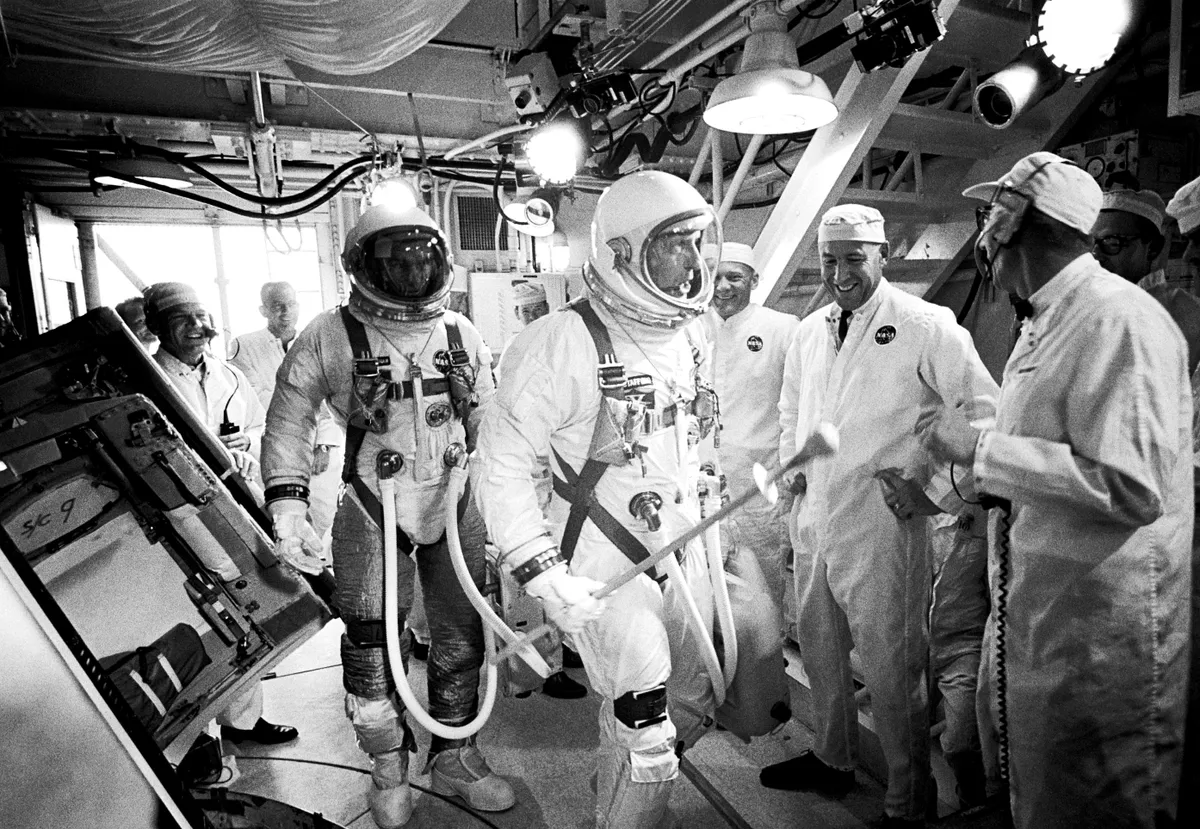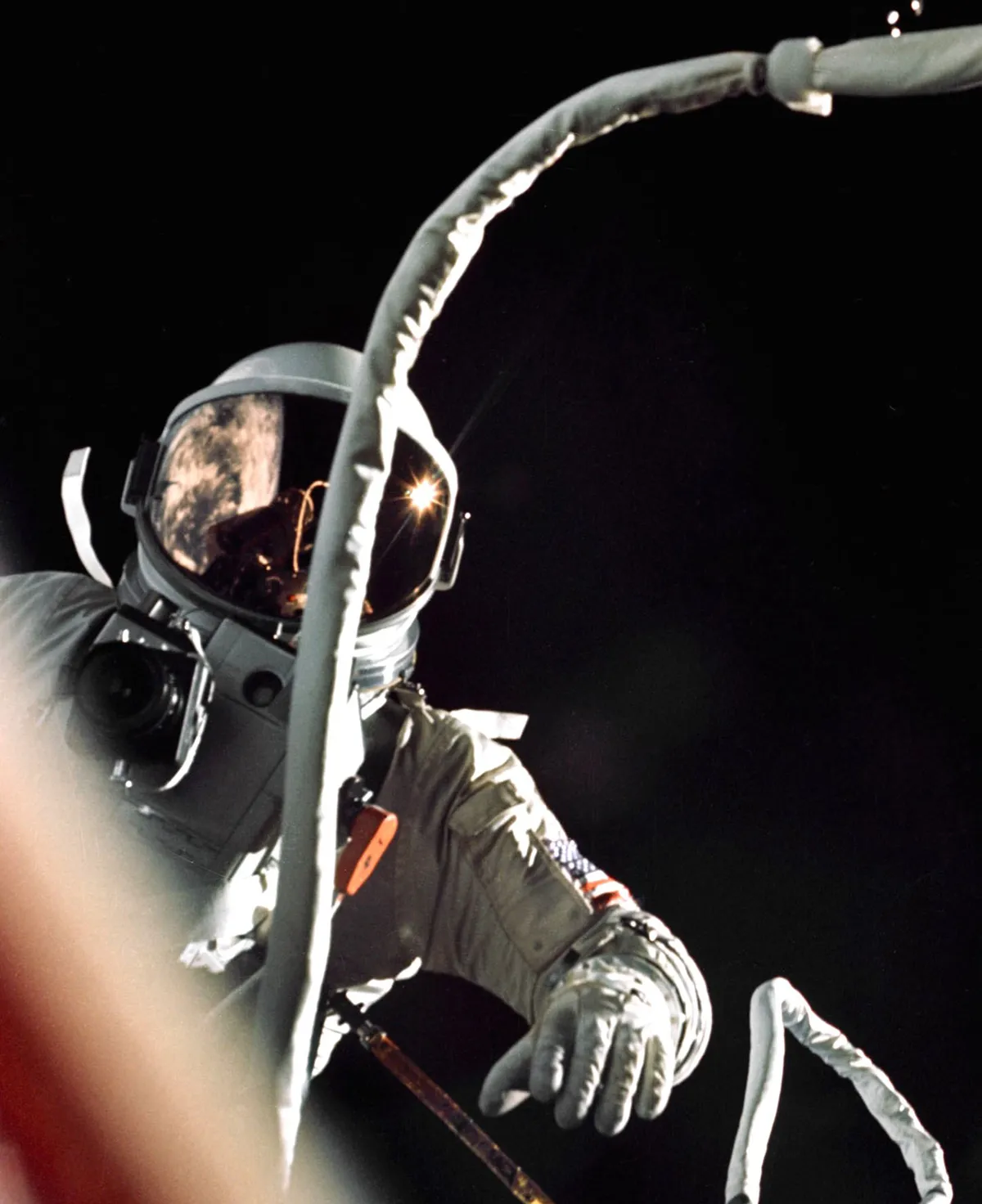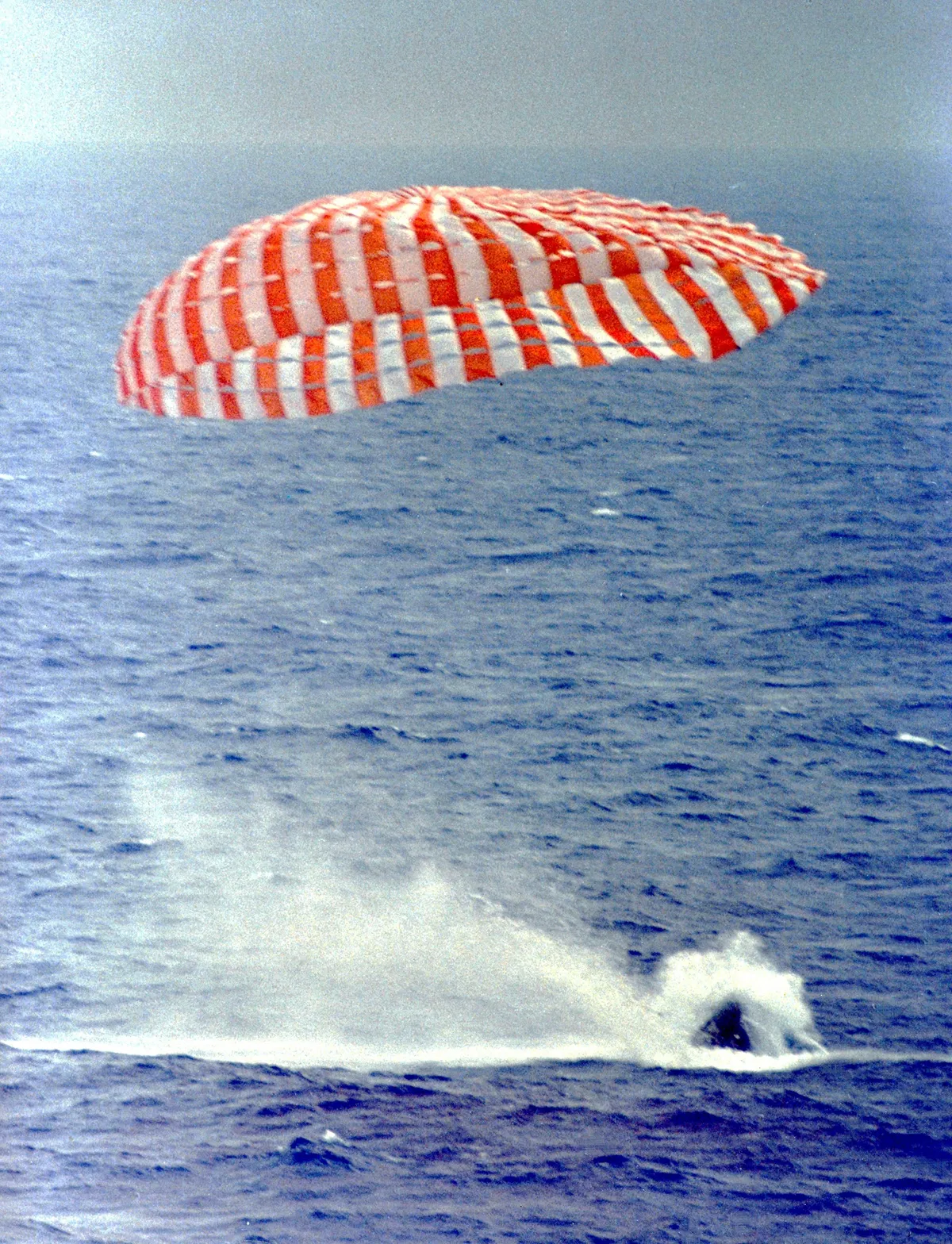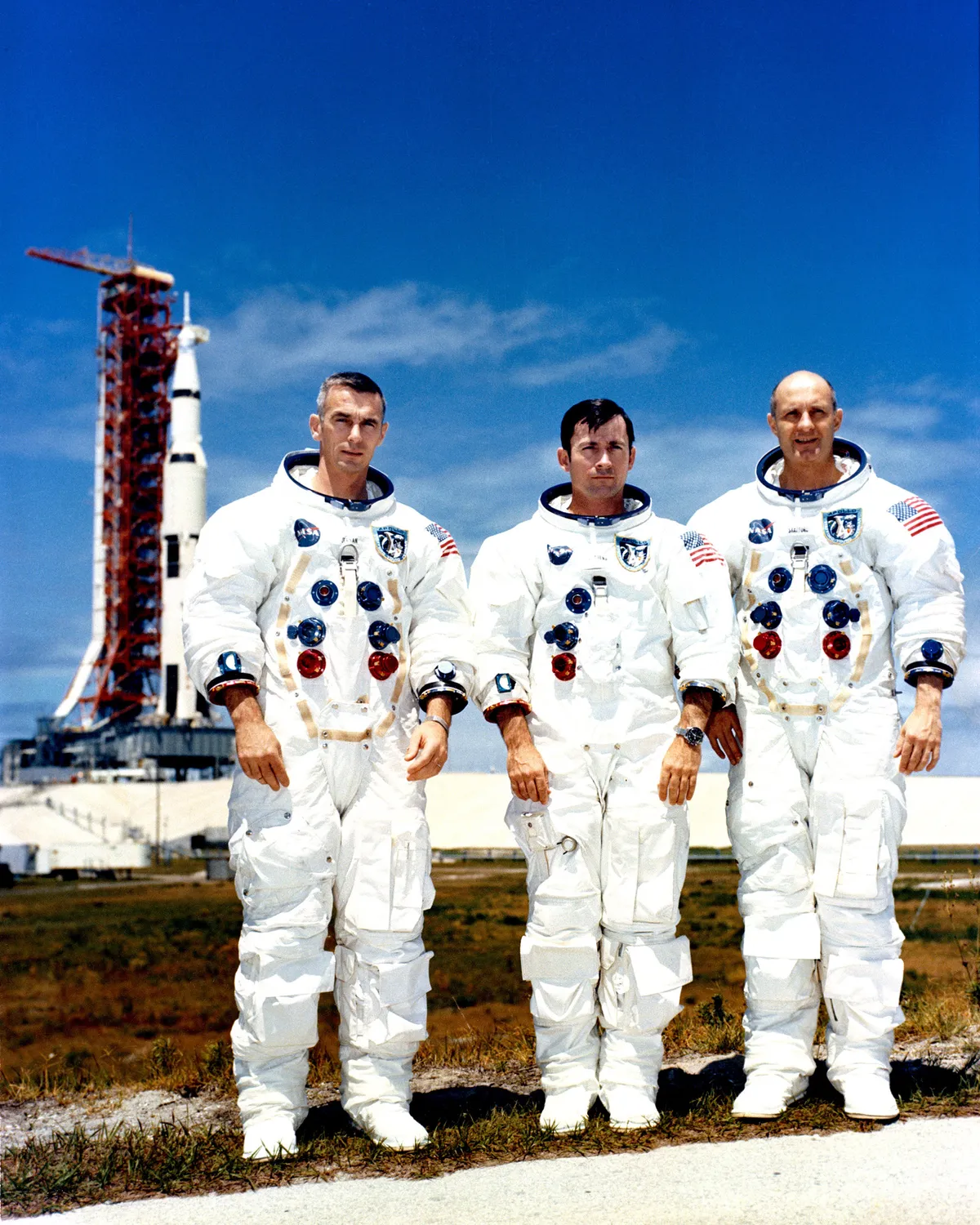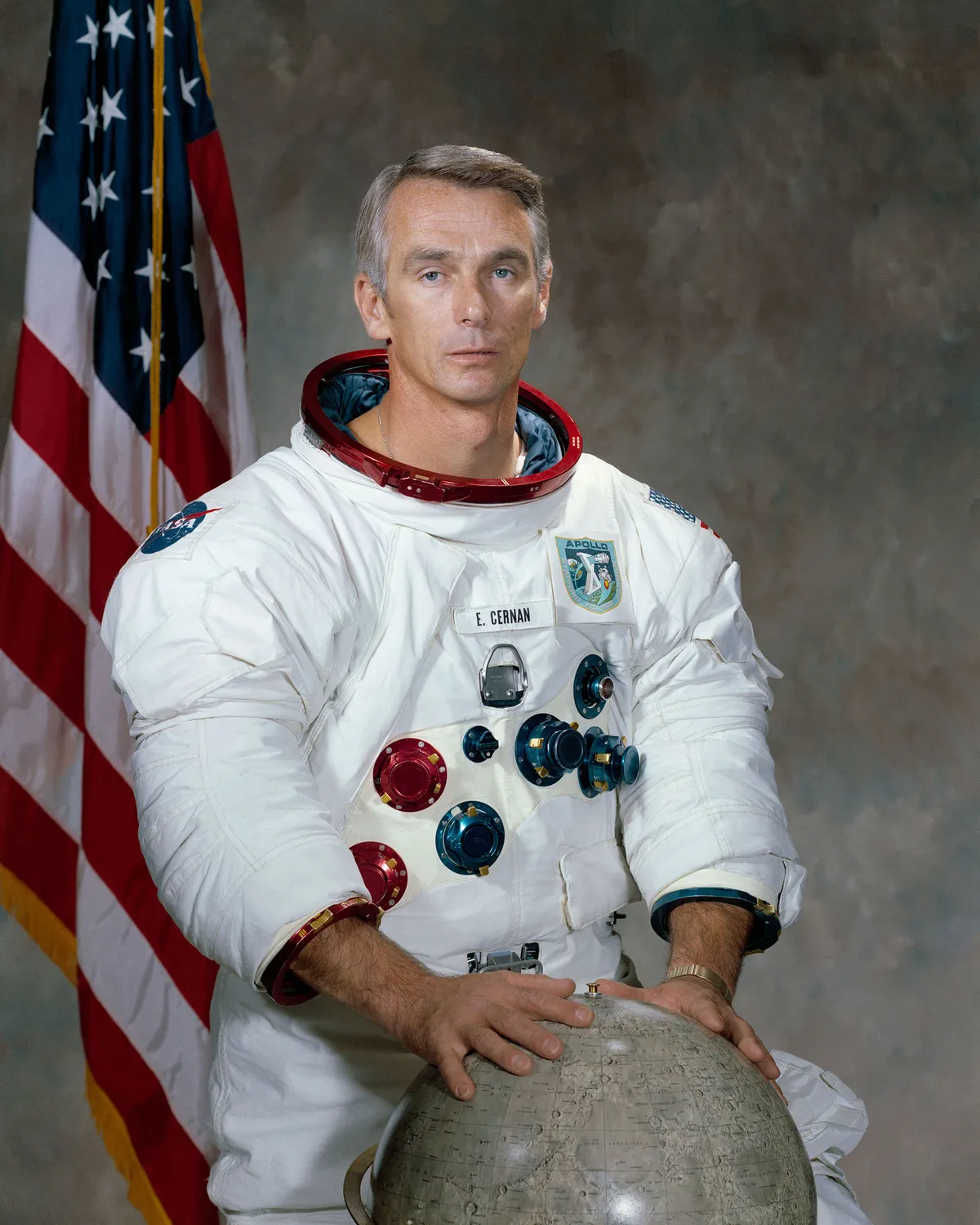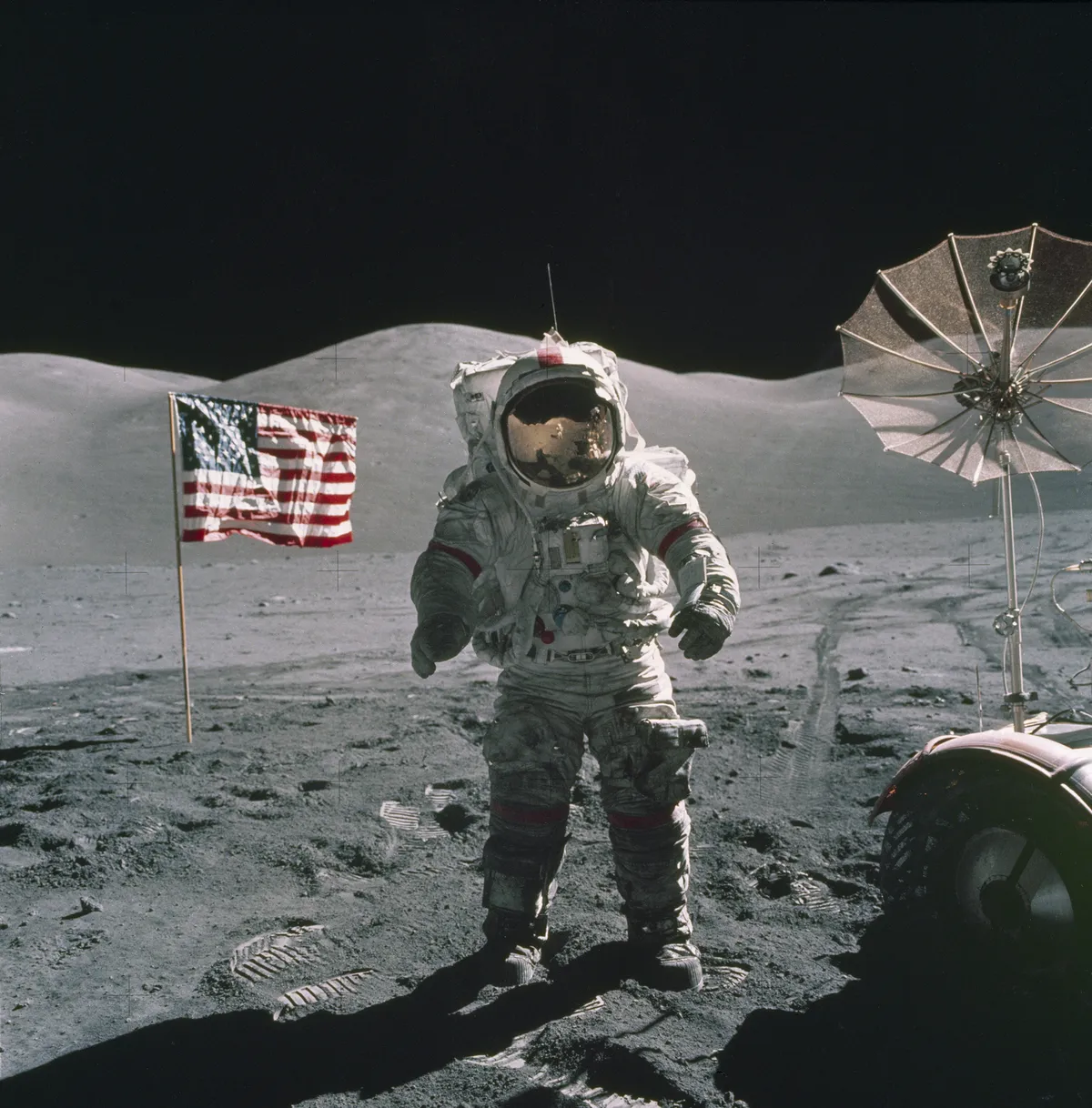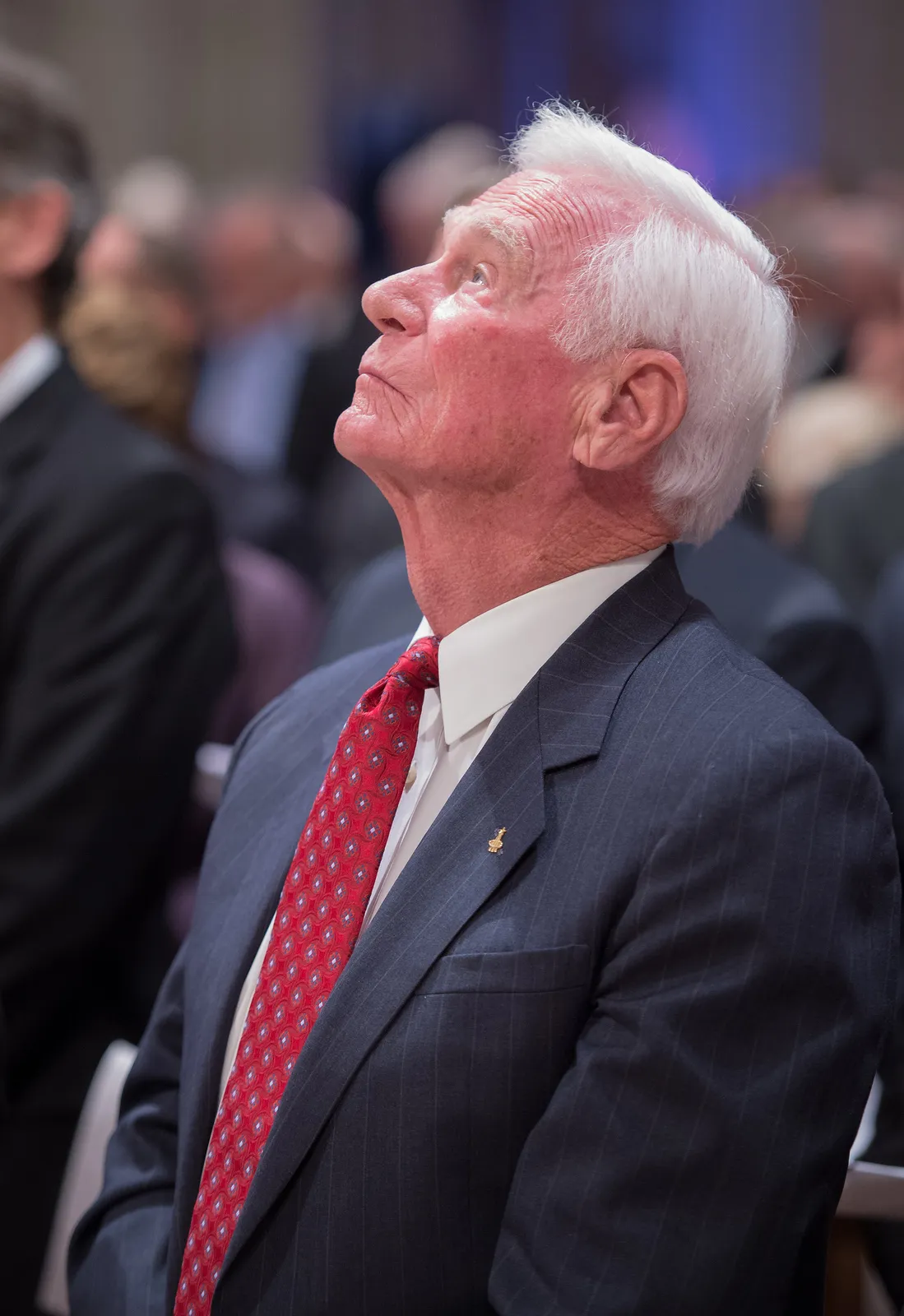Astronaut Gene Cernan’s career saw him fly three times in space, including on two Apollo missions, 10 and 17, the latter of which saw him set foot on the Moon.
Eugene Cernan was born 14 March 1934 in Chicago in the US and eventually became a captain in the US Navy before joining NASA.
His first spaceflight mission was piloting the Gemini 9 orbiting capsule with Commander Thomas P. Stafford in June 1966. During this mission, he completed a spacewalk of two hours eight minutes. At the time, this was the longest spacewalk yet.
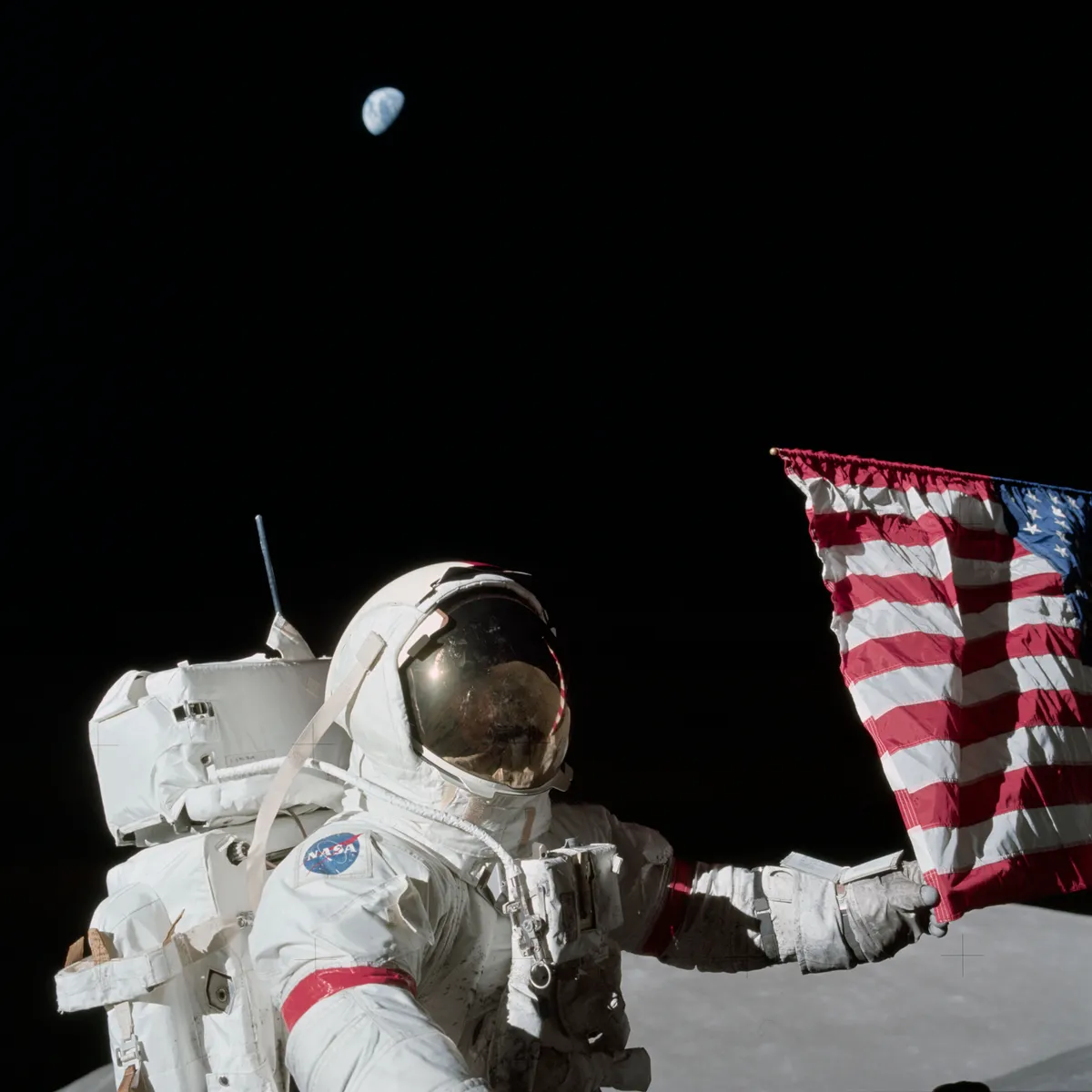
Then in May 1969, Cernan was lunar module pilot of Apollo 10, the mission before the Apollo flight that took Neil Armstrong and Buzz Aldrin to the surface of the Moon for the first time. Apollo 10 ultimately confirmed that the command, service and lunar modules would be fit for humans to land on the Moon.
Cernan was part of the last human mission to the Moon, Apollo 17, which launched in December 1972. During the mission, the crew took the now iconic image of Earth, at a distance of 45,000km from the planet.
The mission saw Cernan and Harrison H. Schmitt make three separate trips to nearby craters and the Taurus Littrow mountains on the lunar surface. When the crew left for their return journey to Earth, Cernan was the last to leave, making him the last human being to have walked on the lunar surface.
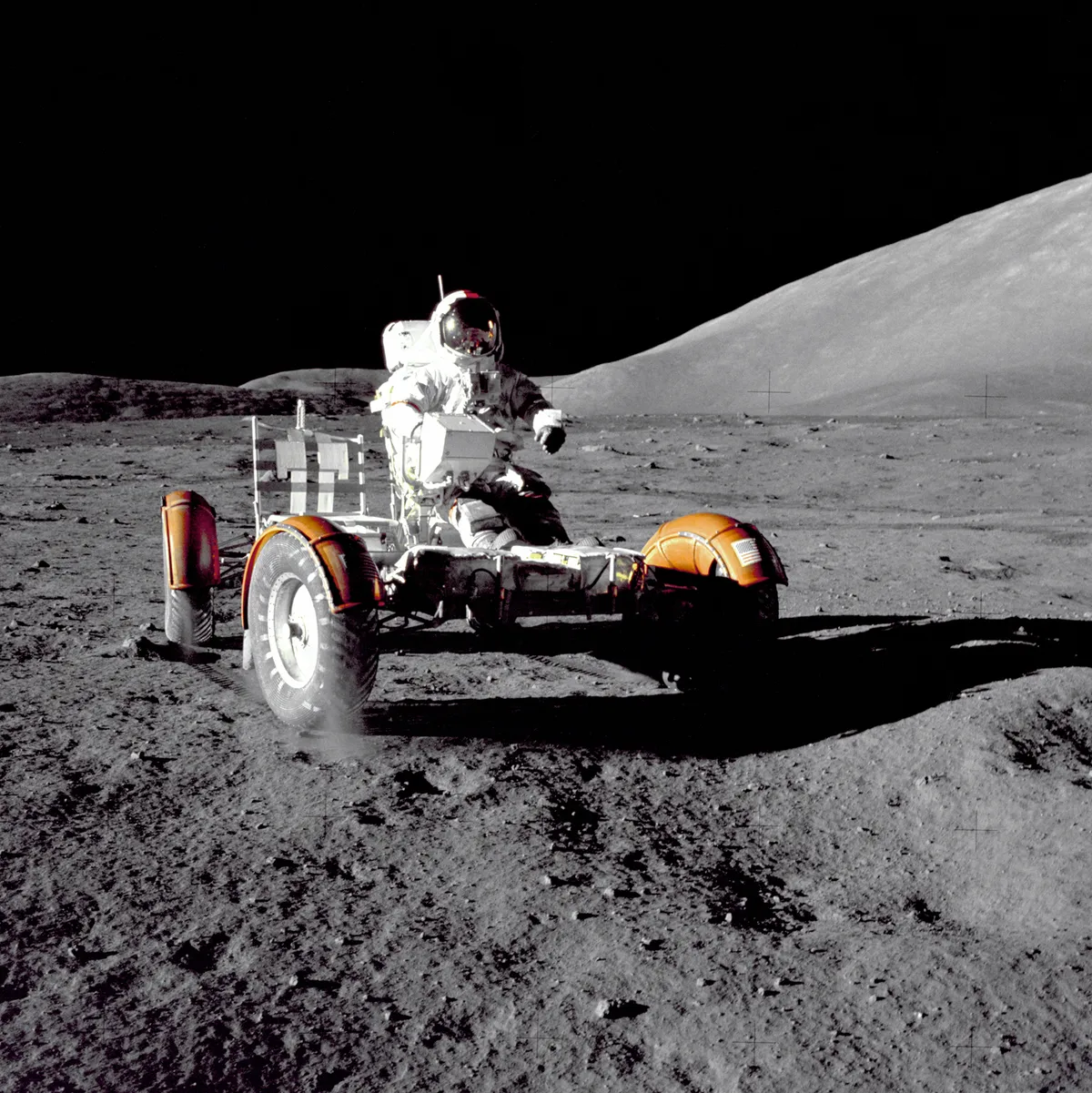
The Apollo missions were one of the defining moments of the 1960s, and Cernan would later say: “It's going to be - well it's almost fifty now, but fifty or a hundred years in the history of mankind before we look back and really understand the meaning of Apollo.
"Really understand what humankind had done when we left, when we truly left this planet, we're able to call another body in this Universe our home.
"We did it way too early considering what we're doing now in space.
"It's almost as if JFK reached out into the twenty-first century where we are today, grabbed hold of a decade of time, slipped it neatly into the (nineteen) sixties and seventies (and) called it Apollo."
Cernan’s NASA career ended on 1 July 1976 when he retired from the Navy after 20 years of service.
He passed away on 16 January 2017 and is survived by his wife Jan Nanna Cernan, a daughter and son-in-law, step-daughters and nine grandchildren.
